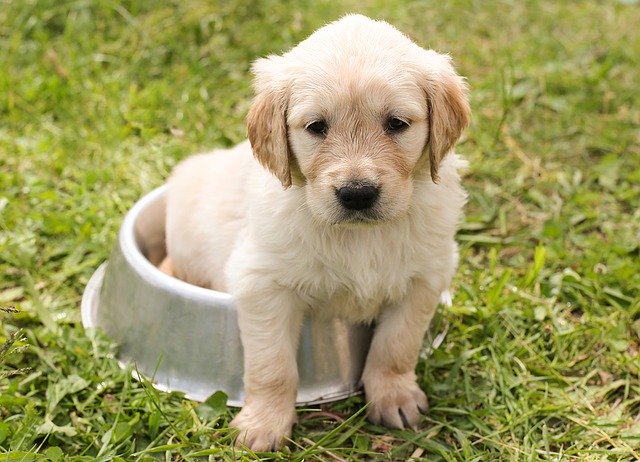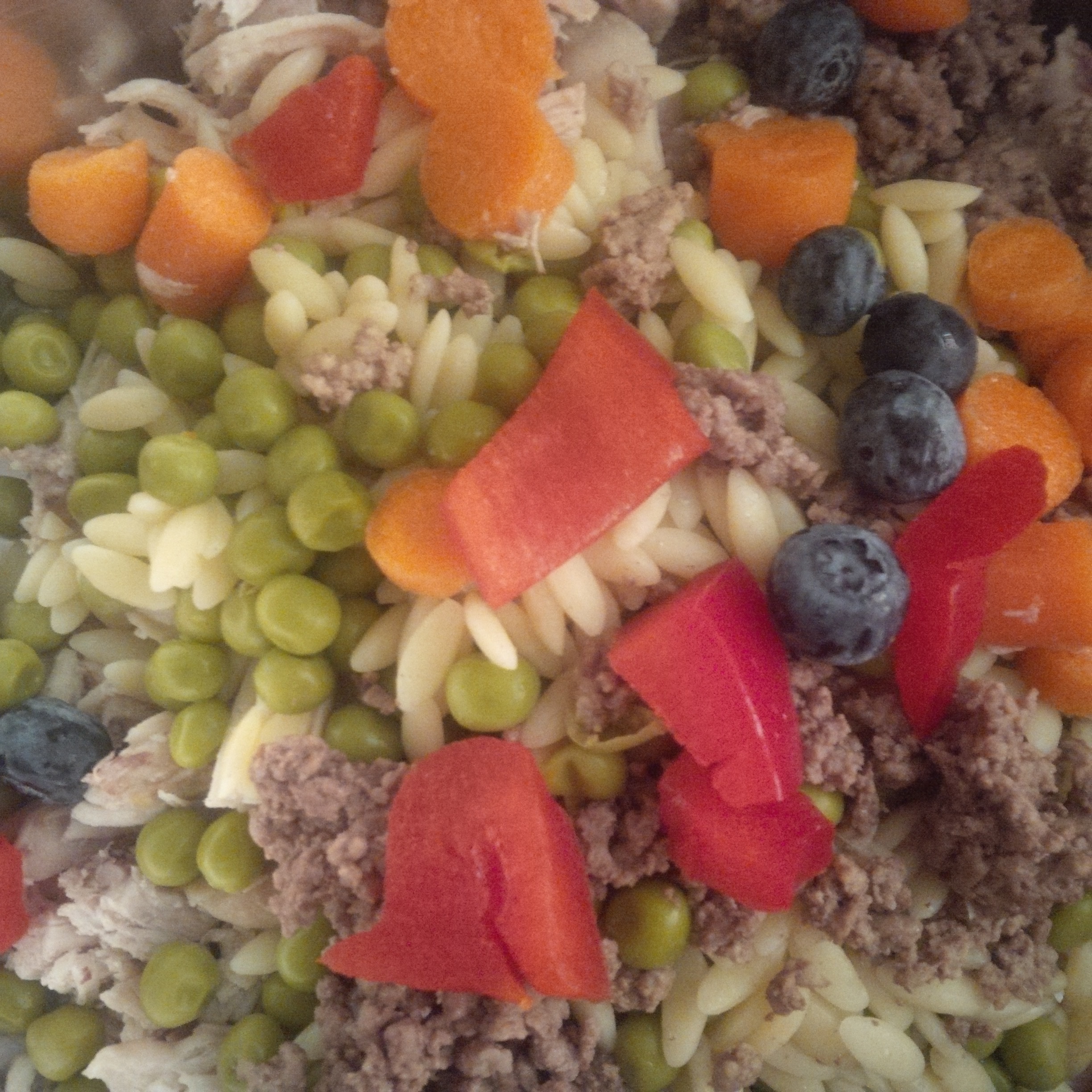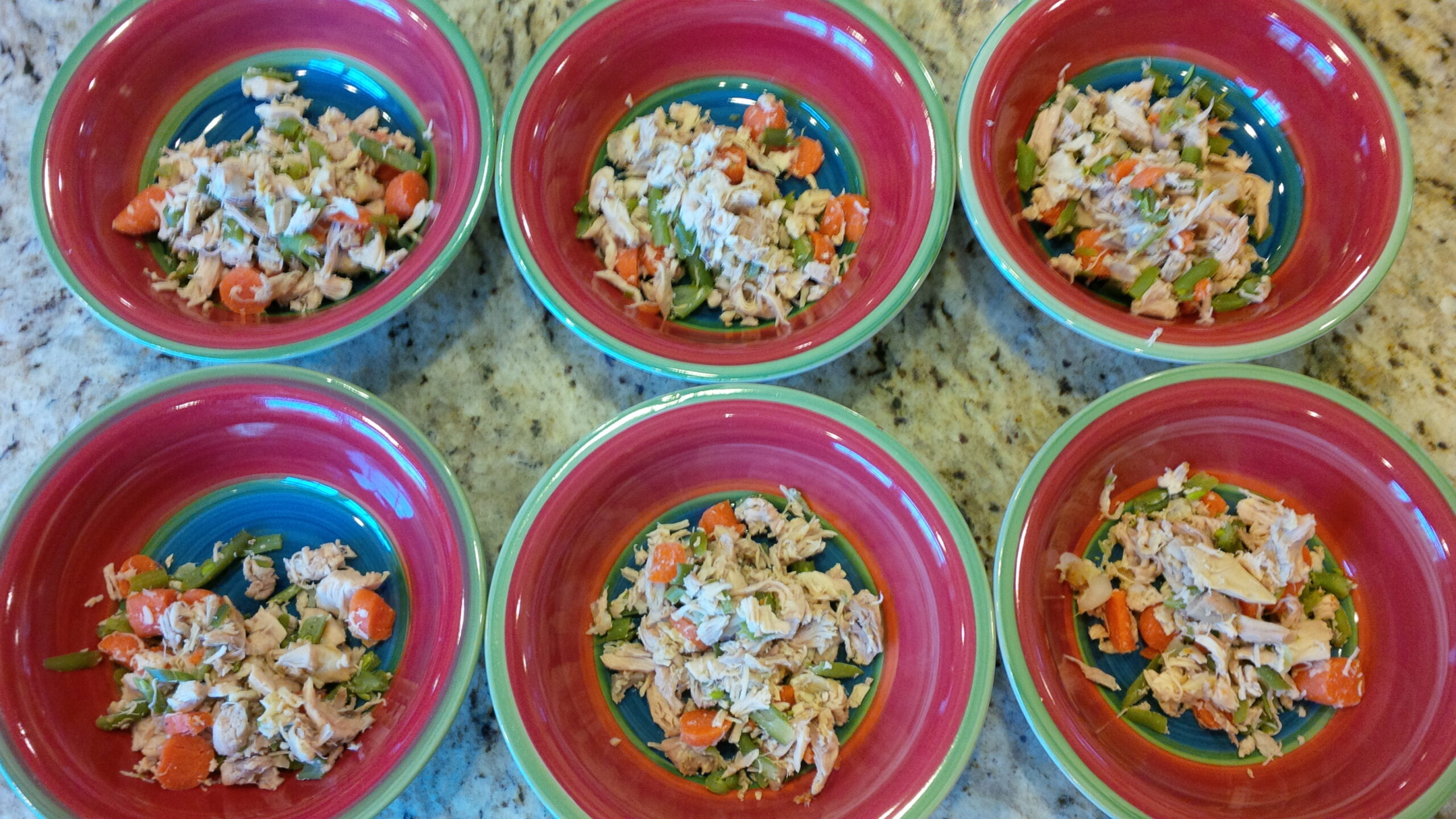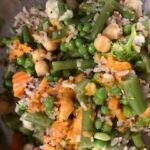This article has been written and produced online for informational purposes only and should not be relied upon solely without the advice of your veterinarian. It is a compilation of facts gathered from research, as well as interviews with various veterinarians.
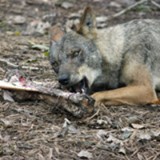
Here’s something you won’t hear every day: If you hear an eerie, mournful, wailing sound; don’t think it’s a dog, think it’s a wolf on the TV. Our furry family members can’t emit sounds like that because wolves’ skulls evolved into modern dogs’ skulls approximately 33,000 years ago, according to Pennsylvania State University’s George Perry, an expert in the study of such. That timeline coincides with the Daily Mail’s, Science Tech information that states that our Earth was inhabited by not just two human species, but three: Neanderthal, Denisovans and modern man. The first two groups were believed to have become extinct partially because of the existence of modern man, as well as the modern dog.
So, when you see that (yes, we’ve all seen it) commercial about how our dogs are descendants of wolves, you have the answer: “Yes, they are—uh, like 33,000 years ago! With that information at hand (paw), we can now examine the reasoning that goes into a decision to feed our dogs a wolf-healthy diet. Let’s face it; a major percentage of the dog population today are house pets that could never survive in the wild. Not so with wolves. If not for reserves and zoos, wolves do survive in the wild.
Here’s another conundrum: Should we feed our dogs a grain-free or grain inclusive diet?
Please know that diets that eliminate grains such as quinoa, wheat, millet, corn, oats, rice, barley, and rye, merely substitute those ingredients with other ingredients that are most often sweet potatoes, pumpkin, tapioca, parsnip, butternut squash, fruit, peas and spinach leaves. Those products aren’t necessarily healthier than grains.
Sorting it out requires an understanding of the terms that have become linked to one another. Grains—gluten—carbs. That’s not to say, grains equal gluten, equals carbs.
Yes, grains are carbs. But a grain-free diet is not a carb-free diet. Sweet potatoes, for example, is a carb. Wheat, barley and rye are the grains those afflicted with celiac disease need to avoid. Celiac disease is a troubling condition, more so for humans, than for dogs. However, and having said that, those grains can cause gastrointestinal discomfort for sensitive canines, as well as some troublesome skin conditions.
And, what about starchy carbohydrates? Starches are known to add bulk and weight. Do we want that for our dogs? Whole grains are carbs too, but not the kind that adds weight.
The American Kennel Club reminds us of the horrifying event that sickened and killed numerous dogs back in 2007 when pet food from China was contaminated with industrial chemicals. It was determined that the grains did not sicken the dogs, but the chemical infusion into the grains.
Additionally, the AKC states that “10% of people have gluten-related illnesses and that may be the same with dogs.” If you accept this fact, then your dog wouldn’t benefit from a gluten-free diet. Further, the AKC states that dogs have ten key genes that are different from wolves that enable them to utilize grains. The best advice here is to trust the advice of a vet you have confidence in.
In this article we present the facts and allow you to draw your own conclusion—a conclusion that best serves the best interest for the well-being and long life of your dog. And always remember whatever you feed your dog, be sure to add a little serving of love.
